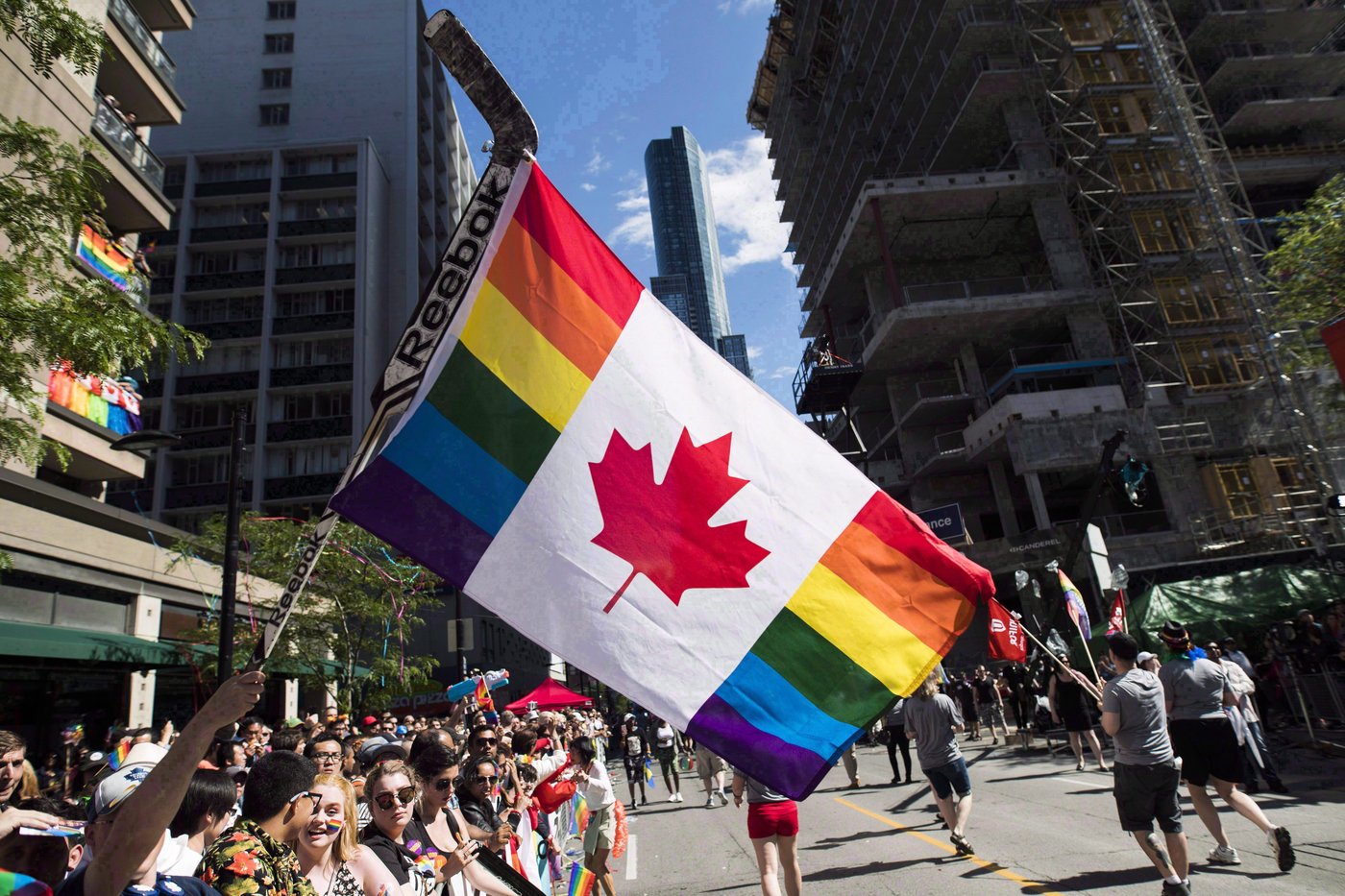As Pride Toronto deals with a $900,000 funding shortfall stemming from major sponsors who pulled out of its 2025 festival, experts in the business community are trying to make sense of the recent shift in corporate priorities.
The organizers of Toronto’s world-famous Pride parade told CityNews last month that Google and Home Depot were among the major corporate sponsors who reneged on financial support.
Pride Toronto linked the decision to U.S. President Donald Trump, who campaigned on a promise to crackdown on diversity, equity and inclusion (DEI) initiatives. After his recent inauguration, Trump went on to sign an executive order which sought to terminate all policies and activities related to DEI, including federal grants and contracts for companies with related programs.
Since then, a string of U.S. tech giants, including Amazon and Google, have pulled back on some DEI initiatives, along with Canadian companies, like Shopify and Molson Coors.
Experts in the business community say the changes to DEI programs have exacerbated under Trump’s second term, but started to take root in June 2023, after the U.S. Supreme Court ruled that affirmative action programs in college admissions were unconstitutional.
“That’s how the rollback began,” explained Eddy Ng, the Smith Professor of Equity and Inclusion at Queen’s University in Kingston, Ont. “Some companies like Meta and McDonald’s started pulling back even before Trump came into office.”
Upon his return to the White House, Ng says the U.S. president began to implement a string of policies which mirror Project 2025 – a right-wing manifesto published by the Heritage Foundation, an American conservative think tank.
“Google and Home Depot are American multinationals operating in Canada. So obviously they are concerned about potential backlash with the Trump administration in the U.S.,” Ng explained. “So they are going to keep practices consistent around the world.”
Ng also suggests that businesses haven’t been able to quantify the benefits of DEI programs, despite billions of dollars in programming and support.
“It’s hard to really quantify the benefits of diversity, so it is something that they can easily divest from without needing a strong, compelling justification,” he said. “Currently we are expecting to slide into a recession because of some of the economic policies that are being implemented. Investments in DEI is one of those nice things to do, but there is no real strong, compelling motivation for businesses.”
“If I invest in a 10-second Super Bowl ad, it might cost me $7-to-8 million, but I could say ‘brand awareness went up by 5 per cent, sales went up by $20 million,’ something like that is easily justifiable, whereas for DEI, it’s so much harder,” he added. “When it comes to discretionary spending, DEI is something that they can easily drop, and that’s why you see sponsors drop out of Pride.”
The rolling back of DEI initiatives was also a hot topic at the Park Hyatt Hotel in Toronto this week, where more than 350 queer and transgender entrepreneurs, government leaders and allied businesses gathered for a global business summit hosted by Canada’s 2SLGBTQI+ Chamber of Commerce (CGLCC).
“Corporations are having to adapt,” explained Darrell Schuurman, the chief executive officer of the CGLCC. “There are some corporations who are still actively committed to supporting the queer community, but perhaps reframing or reshaping what that looks like.”
“Some are scaling back in terms of exposure, but they are still there, in some way, supporting financially, just with less visibility,” he added.
Schuurman said some corporations are also making small changes, like removing the words “diversity” or “inclusion” from the name of some initiatives and replacing them with more neutral terms like “belonging.”
The shifting dynamics have in some ways created a sense of uncertainty for queer and transgender business owners in Canada who are worried about the long-term economic impact these moves will have on their businesses.
“We know through research that diverse businesses and queer-owned businesses are significantly more impacted in periods like what we’re facing now with the tariffs. So that’s certainly a big piece of the angst,” Schuurman explained.
That angst is likely to persist as experts like Ng anticipate the rollback of DEI initiatives to proceed.
“As the economy continues to face volatility and uncertainty, businesses are scaling back on corporate sponsorships and also on support programs: ERG, mentorships, bias training,” Ng explained. “This is also compounded by an anti-DEI backlash as workers are being displaced in the workforce.”
For organizations like Pride Toronto, the rollbacks will require executives to rethink the festival’s funding strategy.
“Pride isn’t just a one-month thing, because people don’t just disappear for the rest of the year,” Ng quipped. “Pride is a way for us to remember the sacrifices and struggles and the discrimination that a group of people has endured.”
“We can’t rely on corporate sponsorship alone, it’s time for us to think of something else. It’s one of those human rights issues that you can’t just convert to the free market,” he added. “If this is something that we value as fundamental human rights, then we should all support.”



